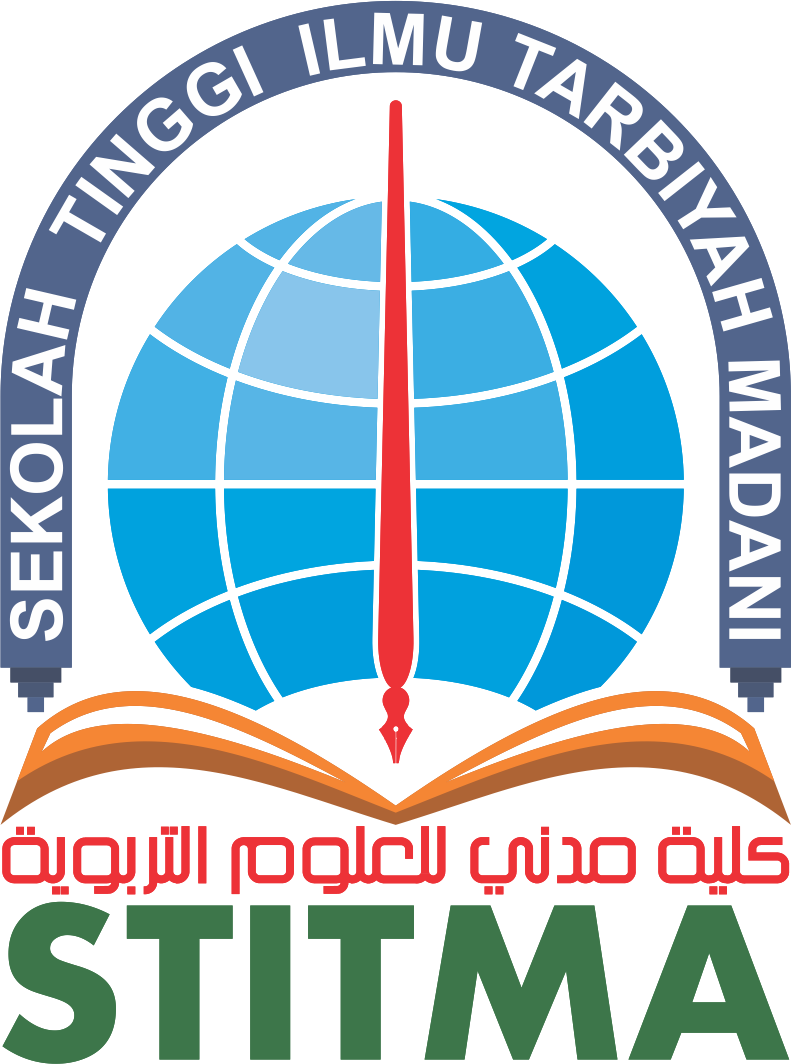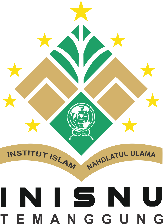Globalization and Education: Designing Culturally Inclusive Curricula for a Connected World
DOI:
https://doi.org/10.59944/postaxial.v2i3.387Keywords:
Globalization, Education, Designing Culturally, CurriculaAbstract
This research explores the impact of globalization on curriculum design and the implementation of culturally inclusive curricula. Through a mixed-methods approach, including quantitative surveys and qualitative interviews, the study examines how globalization shapes educational objectives and integrates global competencies and cultural perspectives into curricula. The findings highlight the positive effects of culturally inclusive curricula on students' intercultural competence and global awareness, demonstrating that such curricula effectively prepare students for the complexities of a globalized world.
The research also identifies significant challenges in implementing these curricula, such as resource constraints, resistance to change, and varying levels of institutional support. These barriers often hinder the effective integration of diverse perspectives into educational frameworks. Despite these challenges, the study underscores the importance of embedding global competencies into curricula and provides recommendations for overcoming obstacles, including enhanced support systems and targeted professional development for educators. This research contributes to a deeper understanding of the role of globalization in shaping educational practices and offers practical insights for policymakers, educators, and curriculum designers. By addressing the identified challenges and leveraging best practices, educational systems can better support the development of a globally competent and culturally aware student body. Future research should continue to explore the long-term impacts of culturally inclusive education and refine strategies for effective implementation across diverse educational contexts
References
Arnot, M., & Reay, D. (2022). Understanding Educational Inequality: A Critical Review. Routledge.
Banks, J. A. (2019). Educating Citizens in a Multicultural Society. Teachers College Press.
Banks, J. A. (2021). The Routledge International Companion to Multicultural Education. Routledge.
Beineke, J. (2021). Global Competence and the Curriculum. Palgrave Macmillan.
Beineke, J., & Jackson, C. (2019). Teaching Global Citizenship: A Guide for Educators. Routledge.
Bennett, C. I. (2018). Comprehensive Multicultural Education: Theory and Practice. Pearson.
Cochran-Smith, M. (2015). Reclaiming Accountability in Teacher Education. Harvard Education Press.
Dei, G. J. S. (2020). Creating Space for Diverse Voices in Education. Sense Publishers.
Dewey, J. (2020). Democracy and Education: An Introduction to the Philosophy of Education. Dover Publications.
Fitrianto, I., & Abdillah, F. M. (2018). MODEL PEMBELAJARAN PROGAM PEMANTAPAN BAHASA ARAB DAN SHAHSIAH (KEMBARA) KE 4 MAHASISWA KOLEJ UNIVERSITI ISLAM ANTAR BANGSA SELANGOR (KUIS) TAHUN 2018. University of Darussalam Gontor 15-16 September 2018, 121.
Fitrianto, I., & Aimmah, S. (2023). Tathwir al-Wasail al-Ta'limiyah fi Ta'lim al-Qashr Muassasan'ala Barnamaj Sketchware. Prosiding Pertemuan Ilmiah Internasional Bahasa Arab, 14(1), 732-740.
Fitrianto, I., Hamid, R., & Mulalic, A. (2023). The effectiveness of the learning strategy" think, talk, write" and snowball for improving learning achievement in lessons insya'at Islamic Boarding School Arisalah. International Journal of Post Axial: Futuristic Teaching and Learning, 13-22
Gay, G. (2018). Culturally Responsive Teaching: Theory, Research, and Practice. Teachers College Press.
Girod, M., & Wong, J. (2022). Culturally Relevant Teaching Practices in Diverse Classrooms. Springer.
Gorski, P. C. (2017). Reaching and Teaching Students in Poverty: Strategies for Erasing the Opportunity Gap. Teachers College Press.
Holliday, A. (2021). Understanding Intercultural Communication: Negotiating a Grammar of Culture. Routledge.
Houghton, J. (2022). The Globalized Classroom: Challenges and Opportunities. Sage Publications.
Irvine, J. J. (2020). Culturally Responsive Pedagogy: Working with Diverse Student Populations. Routledge.
Kumaravadivelu, B. (2018). Understanding Language Teaching: From Method to Postmethod. Routledge.
Ladson-Billings, G. (2014). The Dreamkeepers: Successful Teachers of African American Children. Jossey-Bass.
Ladson-Billings, G. (2021). Culturally Relevant Pedagogy 2.0: A Renewed Approach to Equity and Education. Teachers College Press.
Lavoie, R. (2020). Inclusive Education: Addressing the Needs of All Students. Wiley.
Lee, S., & Chang, K. (2021). Global Citizenship Education and Student Engagement. Springer.
Moss, P. A. (2019). The Role of Assessment in a Culturally Inclusive Curriculum. Springer.
Nieto, S. (2021). Language, Culture, and Teaching: Critical Perspectives. Routledge.
Nieto, S., & Bode, P. (2020). Affirming Diversity: The Sociopolitical Context of Multicultural Education. Pearson.
Perry, B., & Phillips, L. (2021). Culturally Responsive Pedagogy in Action: A Guide for Educators. Sage Publications.
Sleeter, C. E. (2020). Critical Race Theory and Multicultural Education. Routledge.
Sleeter, C. E., & Grant, C. A. (2019). Making Choices for Multicultural Education: Five Approaches to Race, Class, and Gender. Wiley.
Tatum, B. D. (2017). Why Are All the Black Kids Sitting Together in the Cafeteria?: And Other Conversations About Race. Basic Books.
Williams, C. (2019). Global Perspectives in Education: Bridging the Gap Between Theory and Practice. Palgrave Macmillan.






